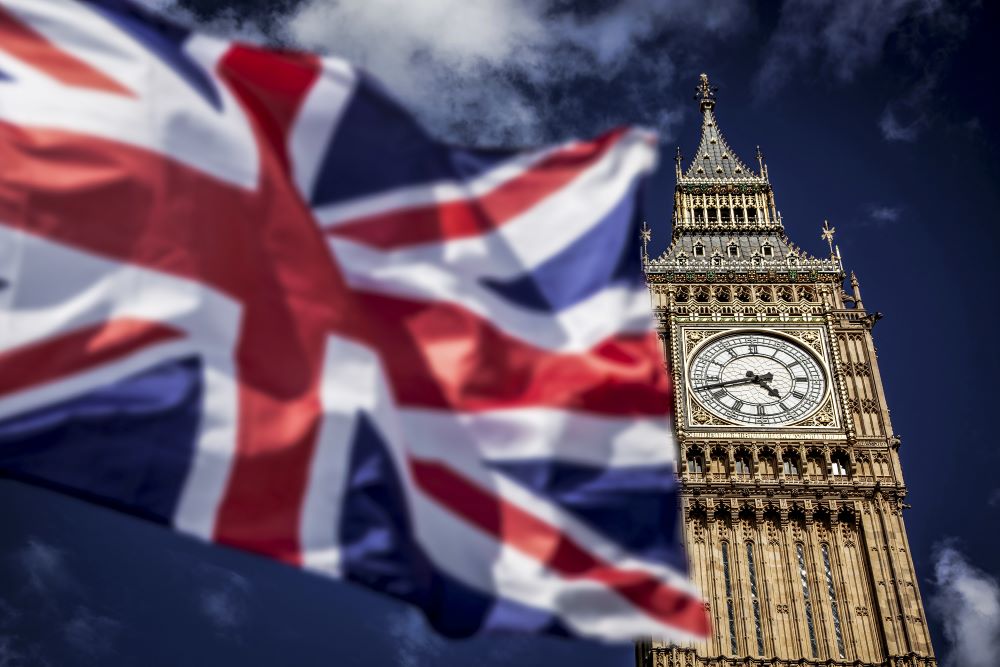
The Trade (Australia and New Zealand) Bill received its second reading in Parliament yesterday (6 September), clearing its first major hurdle in the legislative process.
The bill, which would move the Australia and New Zealand trade deals into the UK statute book, passed the reading in the House of Commons by 309 votes in favour to 56 against.
Former international trade secretary Anne-Marie Trevelyan – who was appointed transport minister in Liz Truss’ first cabinet reshuffle – strongly defended the bill, highlighting the benefits that it would bring to UK businesses.
Trade increase
Trevelyan said that “over the long run our UK-Australia agreement is expected to increase annual trade by over £10 billion.”
“This means a £2.3 billion boost to our economy and a £900 million increase in household wages. Beyond this, the agreement supports the economy of the future thanks to the first ever innovation chapter of any trade deal in the world,” she added.
Turning to the New Zealand deal, she stated that “it will increase overall bilateral trade by 60%, providing an £800m uplift to the UK economy on top of the £2.5 billion a year in bilateral trade we already do with our Kiwi friends.”
Removal of barrier
The Berwick-upon-Tweed MP – responding to a question from former exports minister Mike Freer– pointed to the mutual recognition of qualifications as a key benefit to the services industry in both deals.
The agreements would “enable businesses to share their expertise more widely,” according to Trevelyan.
Scrutiny
As covered previously by the IOE&IT Daily Update, opposition figures had criticised the government for not delaying ratification of the Australia deal before Parliament had a chance to vote on it.
Nick Thomas-Symonds, the Labour Party’s shadow international trade minister, said the process the government had followed was “wholly inadequate”.
The Scottish Nationalist Party’s Angus MacNeil, chair of the international trade committee, agreed, calling the Government’s attitude to scrutiny “disappointing”.
Labour support
Thomas-Symonds confirmed Labour’s support for “securing trade deals with countries around the world.”
He added that the Labour were in favour “of deepening our trade links with our friends in Australia and New Zealand.”
No Labour MP voted against the bill. Opposition was limited to the SNP, Liberal Democrats and other smaller parties and independents.
What happens next?
The bill will pass through parliament the following usual process:
- First reading – the bill is introduced in the Commons (done)
- Second reading – the bill is debated by MPs (done)
- Committee stage – a Public Bill Committee will examine the bill in detail and amendments by MPs will be put forward
- Report stage – MPs will debate the bill in the Commons, proposing and voting on amendments
- Third reading – the bill is debated again and a vote is held in the Commons on whether it should be passed into law
- House of Lords – the Lords debate and make amendments to the bill, and the Commons may consider these amendments. However, as per the Parliament Act, the Commons may pass the bill regardless of the Lords’ assent or amendments.
- Royal Assent – if the bill has passed, HM Queen as head of state agrees to formally turn the bill into legislation



